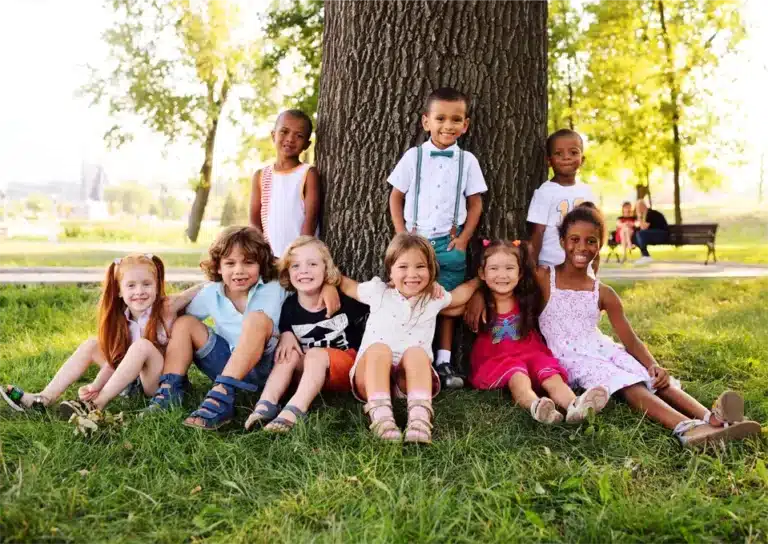Early education & Child care
The YMCA of Greater Waukesha County offers a number of different child care programs for children of all ages. At the Y, we teach children the importance of caring, honesty, respect, and responsibility in everyday activities. From infant and toddler care to Preschool and 4K programs, to Before & After School care for school aged children, the Y can help your busy family find programs and care that’s right for you.
Have questions about child care?

EARLY EDUCATION & CHILD CARE OFFERINGS
Explore all child care options that the YMCA of Greater Waukesha County has to offer.




